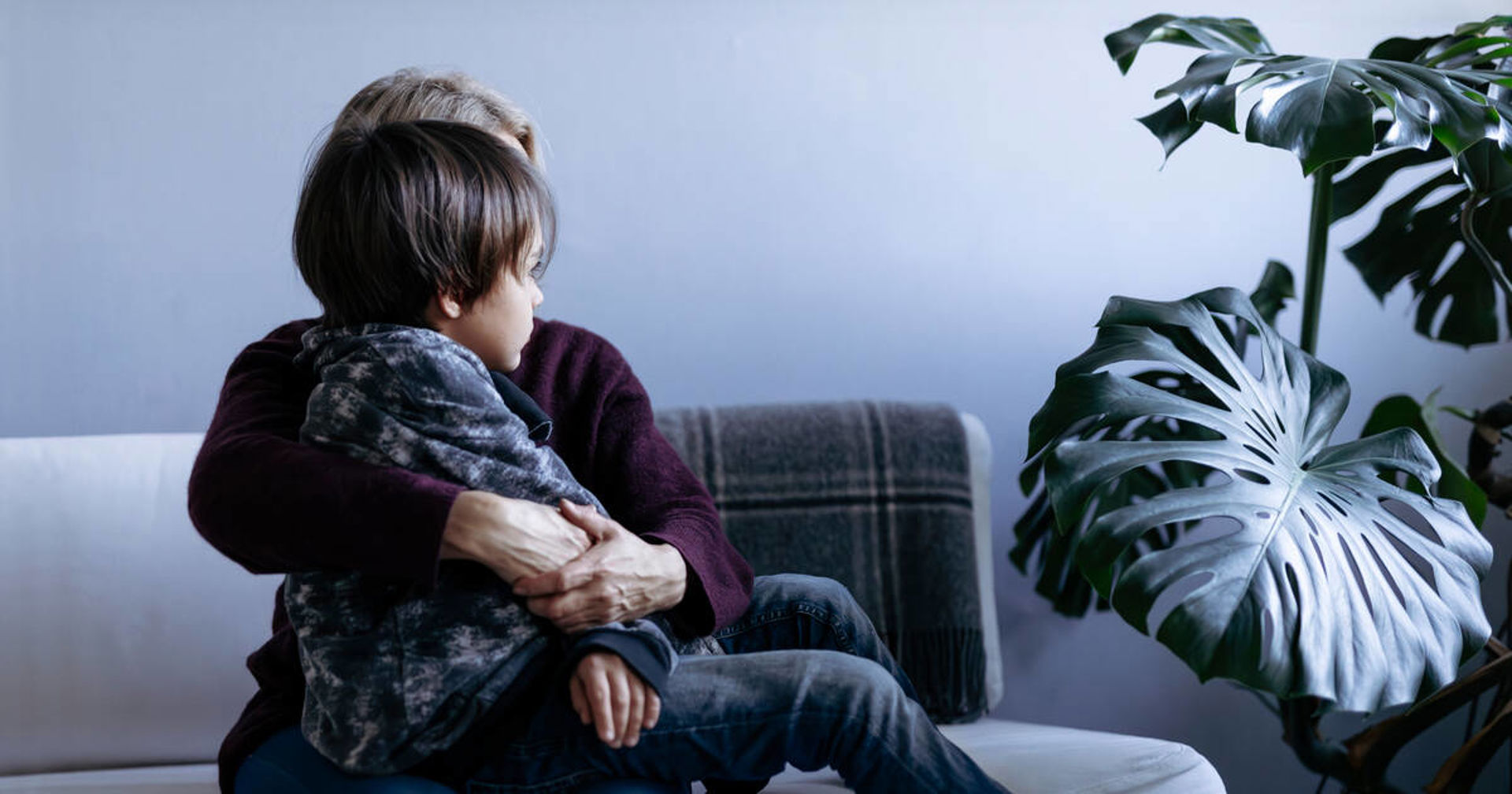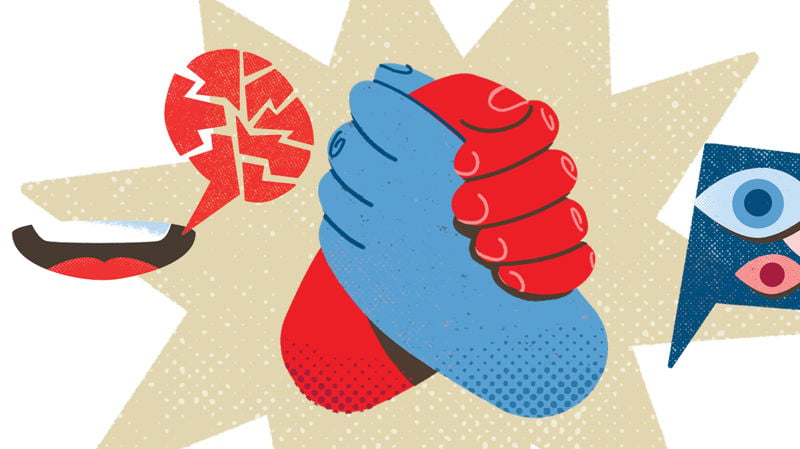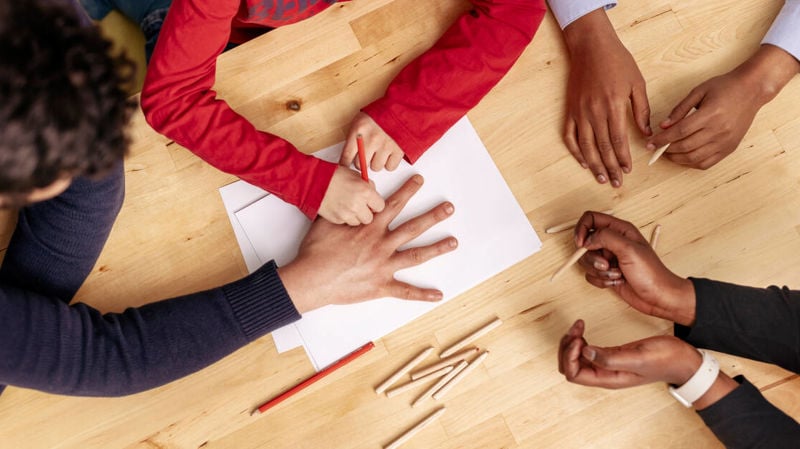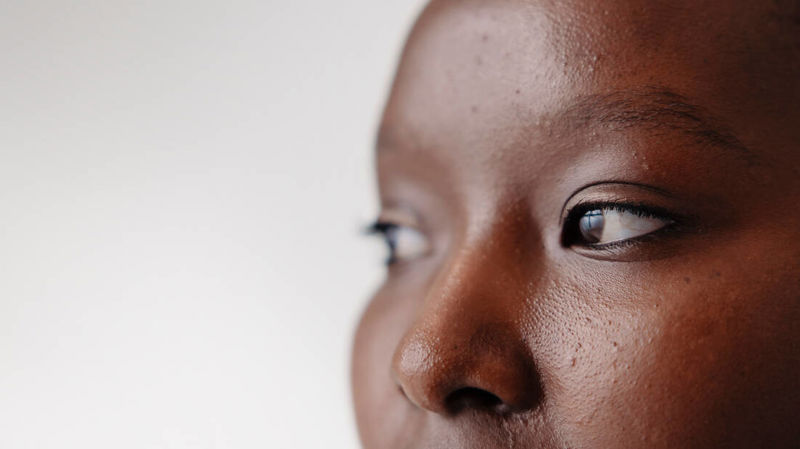What is racism?

As a concept, racism means thinking that a supposed group of people is inferior to other groups of people e.g. because of their ethnic background, skin colour, nationality, culture, mother tongue or religion.
Racism often entails thinking that your own group is better than those of others. Racism causes inequality and hurts both its victims and society as a whole. Racism is used as an instrument of power.
According to the international convention ratified by Finland in 1970, racial discrimination means:
“...any distinction, exclusion, restriction or preference based on race, colour, descent, or national or ethnic origin which has the purpose or effect of nullifying or impairing the recognition, enjoyment or exercise, on an equal footing, of human rights and fundamental freedoms in the political, economic, social, cultural or any other field of public life.”
Forms of racism
Aggressions and microaggressions
Racism can manifest as individual acts of aggressions or microaggressions.
Aggressions can include e.g. shouting on the streets, name-calling, telling racist jokes or inciting prejudice on social media. Racism can also manifest itself as physical violence.
Microaggressions mean seemingly harmless acts based on presumptions that are racist in the situation in question.
Microaggressions are dangerous since the person performing these acts can deny their own responsibility by appealing to the fact that the act was not meant to be aggressive.
One example of microaggressions is asking a person ”where are you really from?”, which assumes that all Finnish people look the same.
Structural racism
Structural racism means racism taking place in institutions and practices in society.
It can manifest e.g. as automatically guiding a student who wears a scarf for religious reasons into care work, instead of considering the student’s interest and study success in terms of a career as a doctor.
Another example is the racism in housing or labour markets where lessors or employers prefer Finnish names.
Structural racism can have a permanent effect on a person’s mood, mental health and trust in society.
Hate crimes
As a rule, hate crime includes all suspected crimes where the police, victim or other concerned party suspects a hate-based motive or which have included defamation towards the victim’s reference group. Half of the victims of racist crimes do not know the suspect beforehand.
According to a Police University College study, ethnic minorities and immigrants whose appearance differs from the native population, e.g. Somalis, are most likely to experience racist crimes.
Victims of racist crimes also include people close to immigrants and the national Finnish ethnic minorities, such as the Romani and Sámi. People and parties openly combatting racism have also been subject to crime.
Also read:
- Government programme to tackle racism
and promote good relations between population groups (in Finnish) - Antiracist glossary
- Racism in the lives of children and young people (in Finnish)
- Racism in working life (in Finnish)
- How to act when facing open racism (in Finnish)

Week against racism in March

Anti-racism activities
